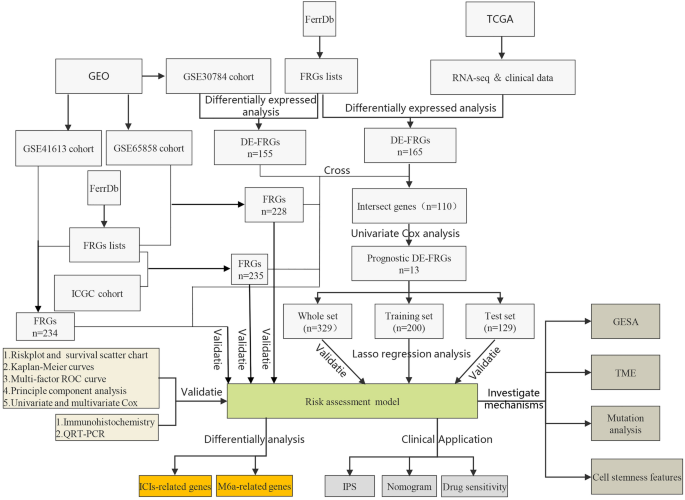
- Select a language for the TTS:
- UK English Female
- UK English Male
- US English Female
- US English Male
- Australian Female
- Australian Male
- Language selected: (auto detect) - EN
Play all audios:
For centuries Oxford academics have been known for their eccentricity. Some are clearly more eccentric than others and each is eccentric in their own way. This story, from half a century
ago, combines eccentricity and absent-mindedness, with a bit of nonchalance added. My wife, Marianne, and Dr Agnes Cornfield, Fellow of Granville College, were in the habit of taking a walk
in South Hinksey Park every Thursday morning. In the park there was a playground, a swimming pool, open in the summer, and a waterlily pond worthy of Monet. The name Dr Agnes Cornfield and
that of her college I have invented. She lives now in the States. I did not want to use her real name, or that of her daughter, because half a century later she might be embarrassed about
what happened — although at the time she told all her friends about it and was perhaps even a little proud of her sangfroid. Dr Cornfield was an academic deeply interested in gods. She had
published her first paper while still an undergraduate. It appeared in the prestigious journal of a Danish university, normally restricted to Norse gods. However, they made an exception in
this case and had published her article theorising about the status of certain Greek gods. She had argued that it was a mistake to regard Hephaistos as a second-rate god, responsible only
for the plumbing at Olympus, a mere handy-man, or handy-god. No, he was the genuine god of war, with Ares (Mars) being no more than his orderly. I no longer recall whether the argument was
accepted or not, but it certainly generated both heat and light. Agnes’s husband was a scientist who agreed to work at home on Thursdays and look after little Susannah. This particular
Thursday, where the story starts, was different. The husband had to give a lecture somewhere in the Fens. The two ladies decided not to abandon the walk but to take little Susannah to the
Park with them. The first stop was the playground, entirely deserted because the weather was miserable. As Susannah was an only child and was growing up in a household of scholars, exercise
was not high on her list of priorities. She chose the swing because she had one at home and regarded it as a safe bet. But not for long. She (presumably) told herself: “What’s the point of
using the swing here in a park when I have a proper swing at home?” She turned to her mother: “Mummy, can we go home?” “Yes, sure,” said the mother. “In a minute or two.” Relying on the fact
that Susannah had only the vaguest notion of the passing of time, they kept on walking. The little girl was a few paces behind them, sometimes skipping and sometimes dragging her heels.
Meanwhile, the conversation between Marianne and Agnes turned to the Wagnerian gods. They could both discuss these gods ad nauseam: Marianne was a Wagner fan, able to watch the Ring cycle
for hours and hours, whereas I invariably fell asleep. When they at last had run out of Wagnerian and Norse gods, Agnes realised that she had never asked Marianne about Hungarian gods. It
seemed to be the right moment. But this was far from Marianne’s sphere of interest and all she could offer was a god called Hadur, the god of war. “Is that all?” asked Agnes, disappointed.
She had a theory, according to which the civilisation of a country was proportional to the actual number of gods. The larger the number, the better the administration of the country. She
regarded it as a kind of celestial civil service, torn by the usual rivalries. In her opinion, having a single god not only led to excesses in their particular department but showed a
certain lack of imagination. Marianne told her that Hadur, although entirely unsupported by any other gods (either because they did not exist or because she was ignorant of their names and
areas of competence) must have been a whirlwind of efficiency. For half a century Hungarian (Magyar) warriors had struck terror into the hearts of the settled Germanic people, west of the
Carpathian basin, occupied by the Hungarian nomads at the end of the 9th century AD. The Hungarians were in fact so effective at burning villages and slaughter in general that they gave rise
to a classic prayer: _De Sagittis Hungarorum Libera nos Domine_ (“Lord, save us from the arrows of the Hungarians”). Marianne continued: “This went on until 955 AD, when the Hungarians were
defeated at the Battle of Lechfeld by King Otto I, Duke of Bavaria and Swabia. After that time Hungarians became increasingly interested in converting to Christianity and decided to reduce
pillage and plunder to more conventional European levels.” Throughout this investigation, Dr Cornfield was nodding and smiling, intrigued by the history and mythology. She began to thank
Marianne for adding another god to her inventory when she was rudely interrupted by a young man, presumably an undergraduate, wearing a completely soaked pair of trousers with a girl in his
arms dripping with water. “Madam,” she addressed Dr Cornfield, “Is this your child? I found her in the pond.” She thanked the young man for his efforts and turned to Marianne: “I think we
need to go home. See you next week.” A MESSAGE FROM THEARTICLE _We are the only publication that’s committed to covering every angle. We have an important contribution to make, one that’s
needed now more than ever, and we need your help to continue publishing throughout these hard economic times. So please, make a donation._






